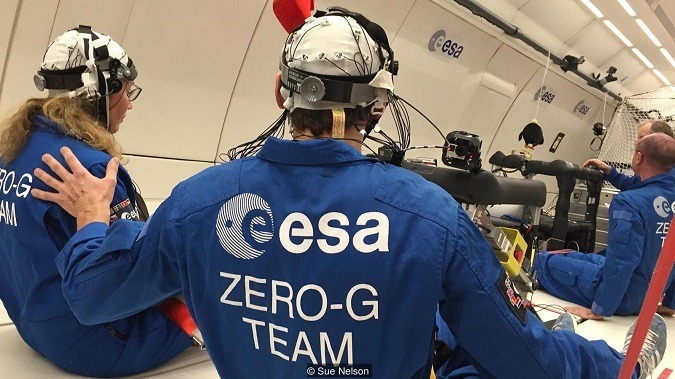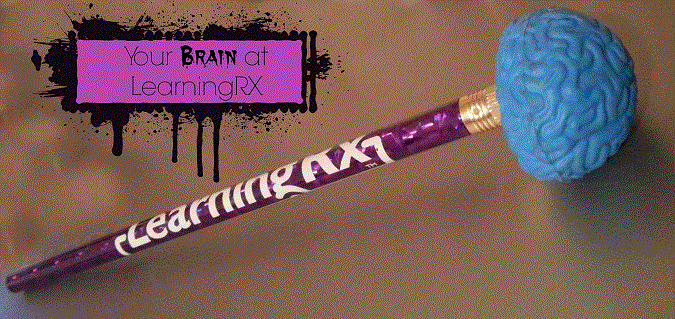Posts Tagged ‘Alzheimer-disease’
Study: High Cognitive Reserve (CR) seen to significantly lower dementia risk even in the presence of high Alzheimer’s Disease (AD) neuropathology
Lifespan Cognitive Reserve—A Secret to Coping With Neurodegenerative Pathology (JAMA Neurology editorial): Given the limited success of therapeutic interventions for Alzheimer disease, there is increased interest in understanding whether modifiable factors can help cope with or postpone the appearance of brain pathology. It is estimated that about 35% of Alzheimer risk is modifiable. Epidemiologic studies…
Read MoreUpdate: Moderate lifetime drinking may lead to lower Alzheimer-related beta amyloid deposits in the brain
__ Time for a new edition of SharpBrains’ e‑newsletter. #1. First of all, it’s not all bad news this month. Study finds that moderate lifetime drinking may lead to lower Alzheimer-related beta amyloid deposits in the brain #2. And, talk about personalized medicine! This fascinating study showing how brain imaging (fMRI) + machine learning + intensive, non-invasive…
Read MoreStudy: Moderate lifetime drinking may lead to lower Alzheimer-related beta amyloid deposits in the brain
__ Moderate drinking tied to lower levels of Alzheimer’s brain protein (Business Standard): “Korean researchers studied 414 men and women, average age 71, who were free of dementia or alcohol-related disorders. All underwent physical exams, tests of mental acuity, and positron emission tomography (PET) and magnetic resonance imaging (MRI) scans. They were carefully interviewed about…
Read MoreNext: Measuring the impact of space flight on cognitive performance and brain fitness
___ The flight that brings space weightlessness to Earth (BBC Future): “Five, four, three, two, one…” Not many aircraft captains give their passengers a rocket launch-style countdown before take-off, but this is no ordinary plane. For starters, everyone on board, apart from the crew, is a scientist and has passed a full medical check – including…
Read MoreReview finds mixed results on the effectiveness and safety of brain and memory supplements
Natural Supplements and Vitamins for Treatment and Prevention of Dementia and Cognitive Decline (Psychiatric Times): “Dementia, also referred to as major neurocognitive disorder (including Alzheimer disease [AD]), is a growing problem because of increased lifespan. There is no known cure. Several drugs are
Read MoreBrain training franchisor LearningRx settles FTC complaint about its marketing claims
LearningRx To Pay $200K For Allegedly Unproven Claims That Brain Training Can Improve Income, Treat Autism & ADHD (Consumerist): “The company behind the LearningRX “brain training” program has agreed to pay a $200,000 settlement and to stop making claims that its system is clinically proven to treat serious health conditions, or that it can
Read More




